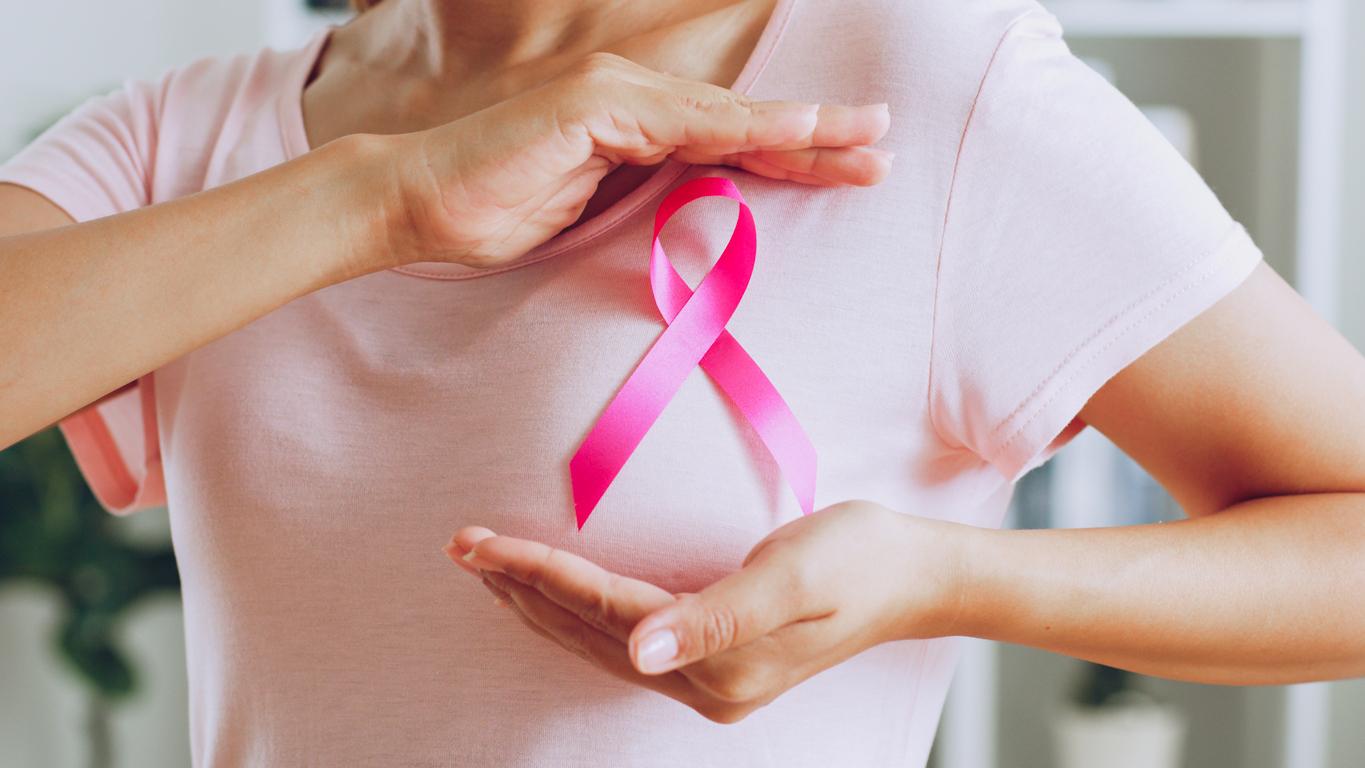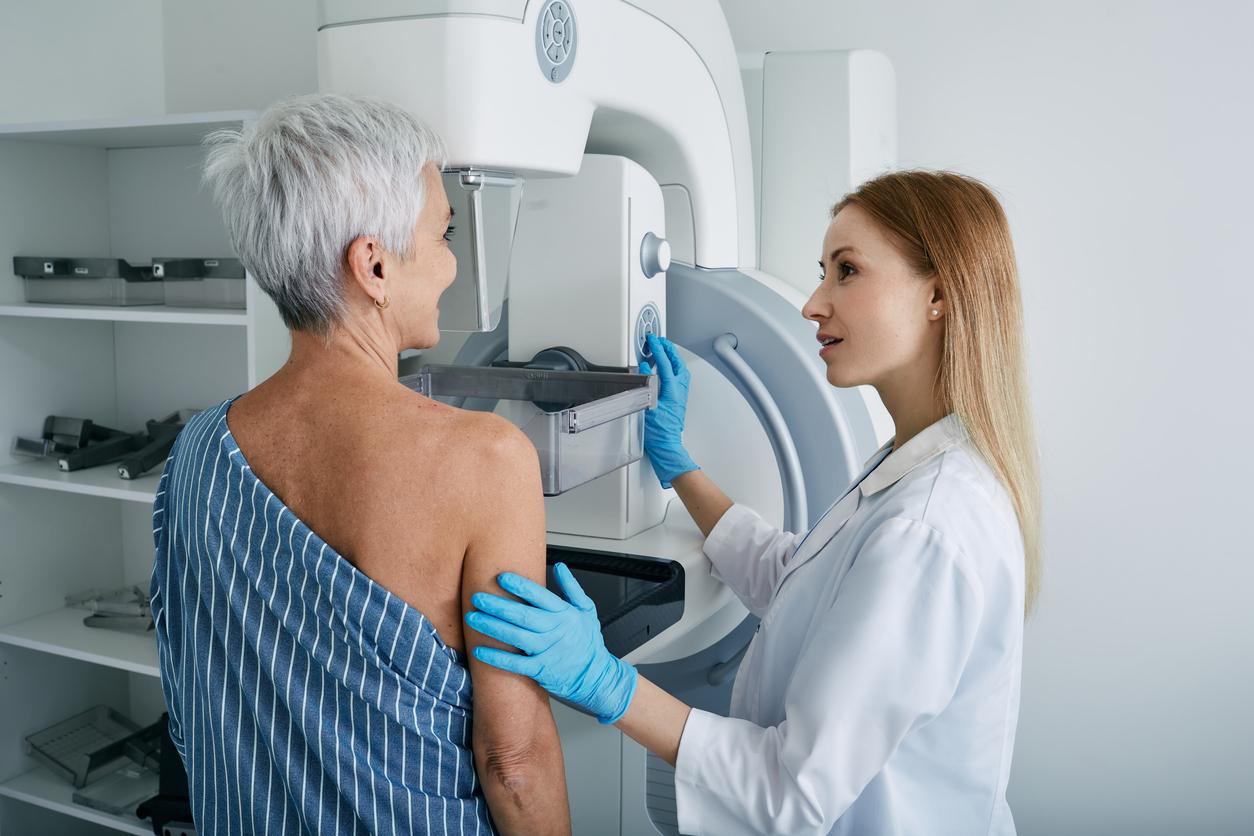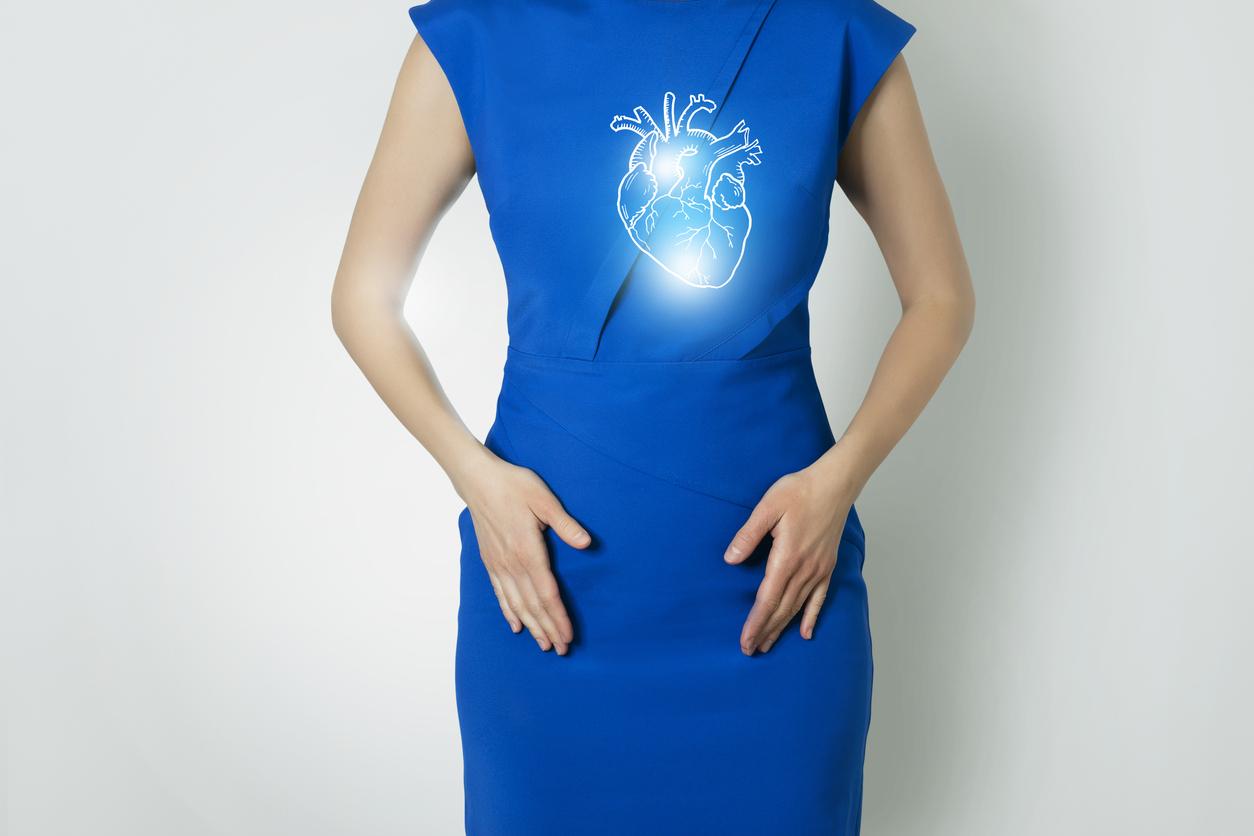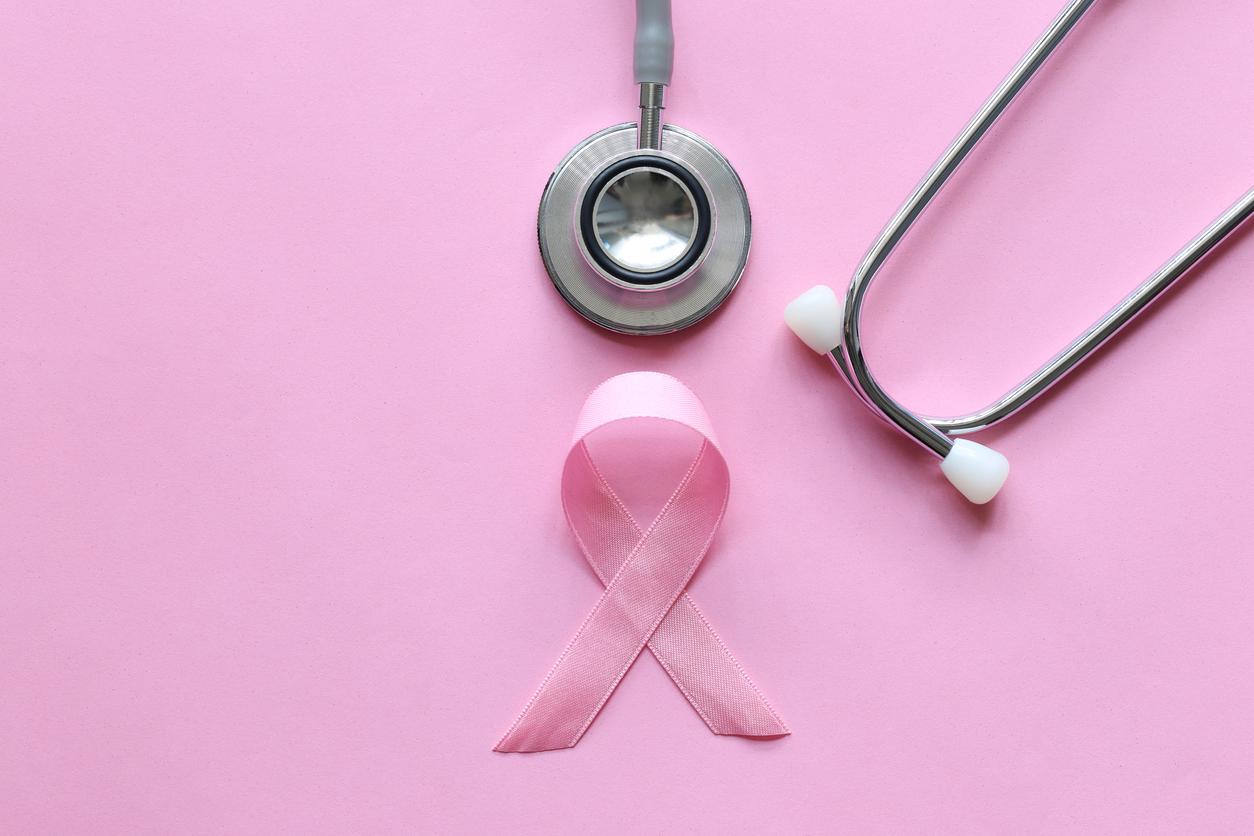According to a new Spanish study, around 40% of hormone-positive breast cancers occurring after menopause are linked to excess body fat.

- About 40% of hormone-positive breast cancers occurring after menopause may be linked to excess body fat, a new study suggests.
- The researchers found this link using a measure that takes into account body fat called CUN-BAE rather than BMI.
- Scientists recommend using more precise measurements to properly quantify abdominal fat.
The impact of obesity on the risk of developing breast cancer after menopause is underestimated, according to Spanish researchers. Their work, published in the journal Journal of Epidemiology & Community Health, reveal that 40% of postmenopausal hormone-positive breast cancers are attributable to excess body fat.
Breast cancer: excess abdominal fat increases the risk
The Body Mass Index is the most used index to assess whether or not a person is obese. Based on this criterion, the scientific literature estimates that one in 10 malignant breast tumors is linked to excess weight. But researchers know that BMI isn’t a very accurate measure of abdominal fat because it doesn’t take into account age, gender or ethnicity.
So to have a more precise vision of the impact of this factor on cancer risks, they decided to use the CUN-BAE (Clínica Universidad de Navarra-Body Adiposity Estimator), a measurement of body fat which takes into account of age and sex on 1,033 postmenopausal women suffering from breast cancer and 1,143 participants of the same age and in good health.
All the volunteers were questioned about different aspects of their daily life such as their lifestyle, their social level, their diet, their personal and family medical and reproductive history.
Data analysis shows that 20.5% of healthy women had a CUN-BAE below 35% (normal body fat index) while they were only 16% among the cancer group. of the breast.
At the same time, 53% of patients with malignant breast tumors had a CUN-BAE of 40% or more (excess body fat) while the rate was 46% in the healthy group. The researchers also noted that a CUN-BAE of 45% or more was associated with a more than doubled risk of postmenopausal breast cancer compared to a “normal” CUN-BAE.
“No similar trend was observed for BMI. This prompted researchers to estimate that 23% of breast cancer cases were attributable to excess body fat using BMI, but 38% using using the CUN-BAE”specify the authors in their press release.

Cancer and menopause: we need to use more reliable measures
After reading the results of their work, the researchers assure that “excess body fat is a significant risk factor for hormone receptor-positive breast cancer in postmenopausal women”. For them, the impact of excess body fat could “be underestimated when using traditional BMI estimates”.
Thus, scientists recommend that “more precise measures of body fat, such as CUN-BAE, be taken into account when estimating the cancer burden attributable to obesity in postmenopausal breast cancer”. Better consideration of the impact of abdominal fat on cancer risks would make it possible to plan more effective prevention initiatives.

















